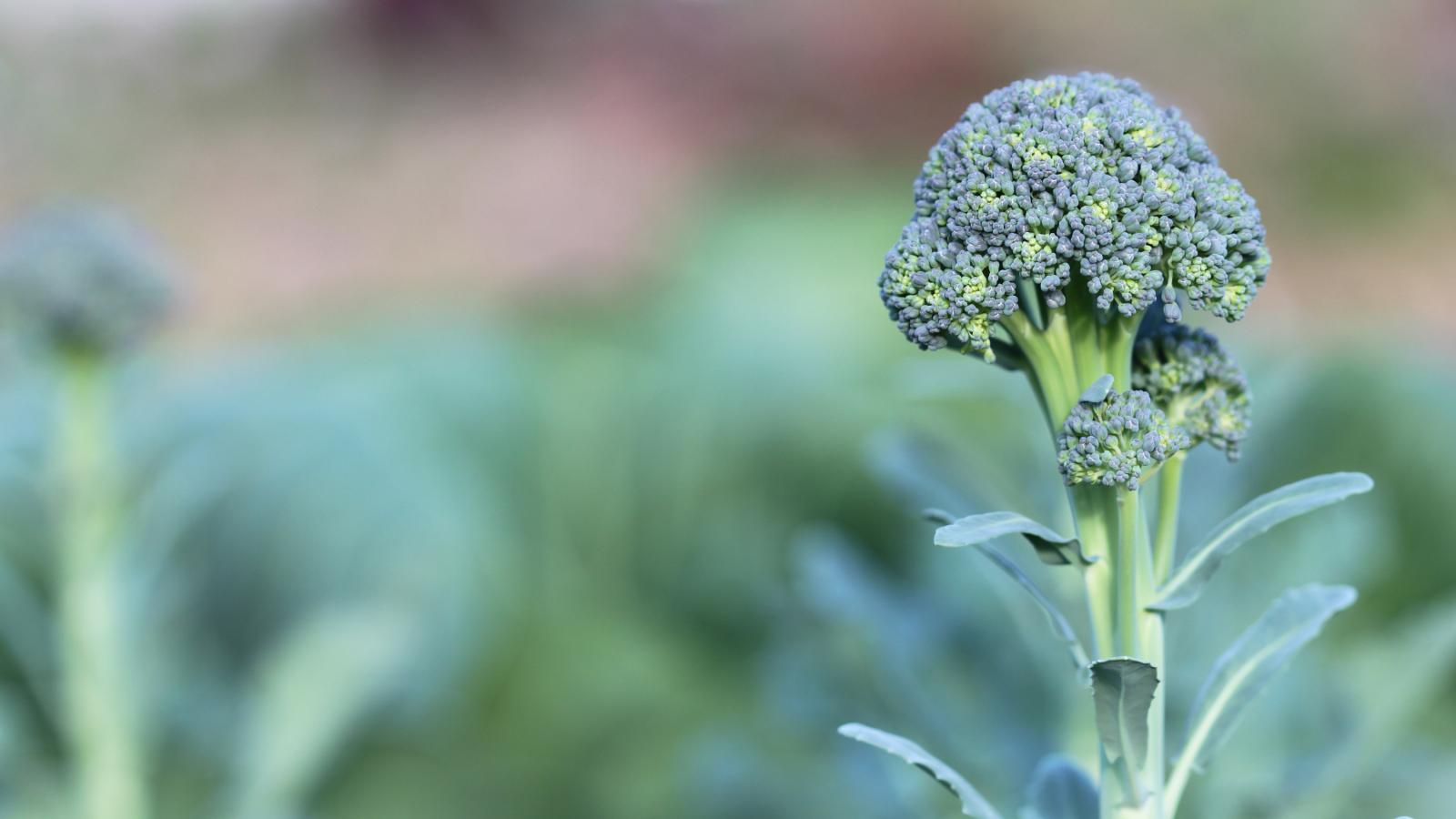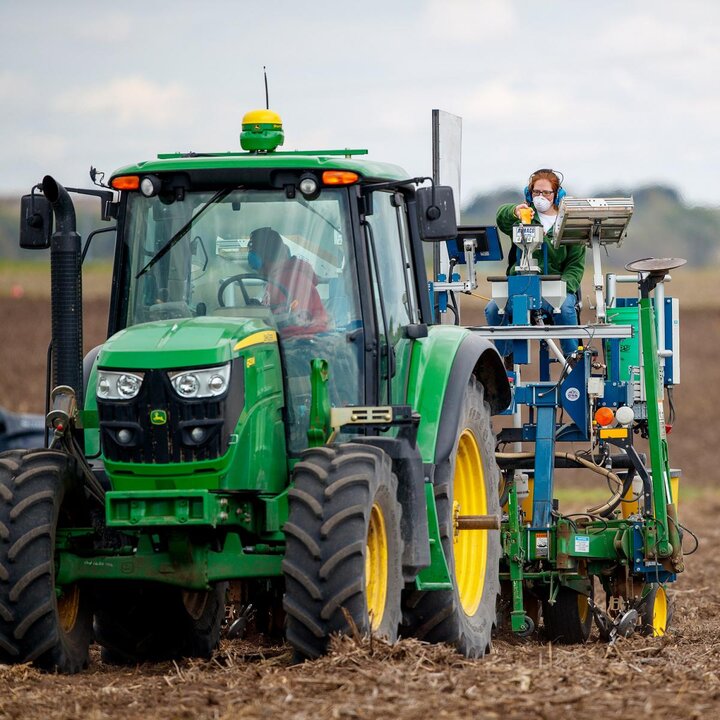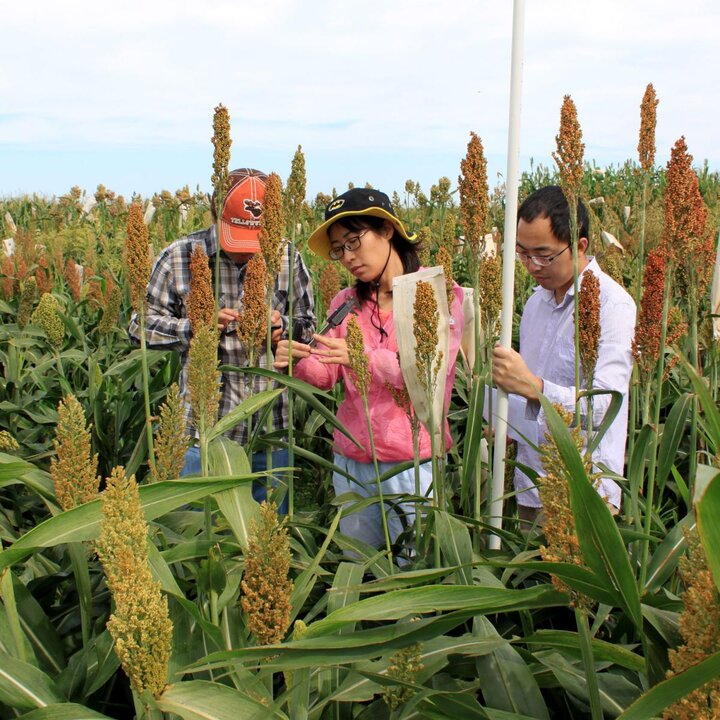Horticulture research at the University of Nebraska is focused on using plants to developing healthy food and landscape systems that promote human health and economic vitality. The horticulture industry in Nebraska includes fruit, nut, and vegetable growers, production and retail greenhouse and nursery owners and managers, landscape designers and managers, and a rapidly growing number of home gardeners. Even in a state best known for corn and beef, horticultural plants are critically important for improving local food security, increasing biodiversity and beautifying landscapes, conserving natural resources, preserving cultural heritage, and creating economic opportunities in our communities. We aim to make our local food systems and people in them healthier by developing sustainable management strategies for fruit and vegetable crops in field and controlled environments. This work helps to ensure that local farmers can grow a diversity of healthy crops, year-round, with less impact on the environment. We work toward healthier humans and natural resource systems by designing and managing landscapes for multiple ecosystem services, including improved human physical and mental health, and improved quality of life, culture, and environment. We partner with local farmers and gardeners, greenhouse, nursery, and landscape managers, non-profit organizations, industry, and government agencies to identify and pursue research questions with the greatest potential for positive human, environmental, and economic impacts in Nebraska and beyond.
Related Programs
Some faculty within the Department of Agronomy and Horticulture also advise and mentor graduate students admitted through the following programs.









